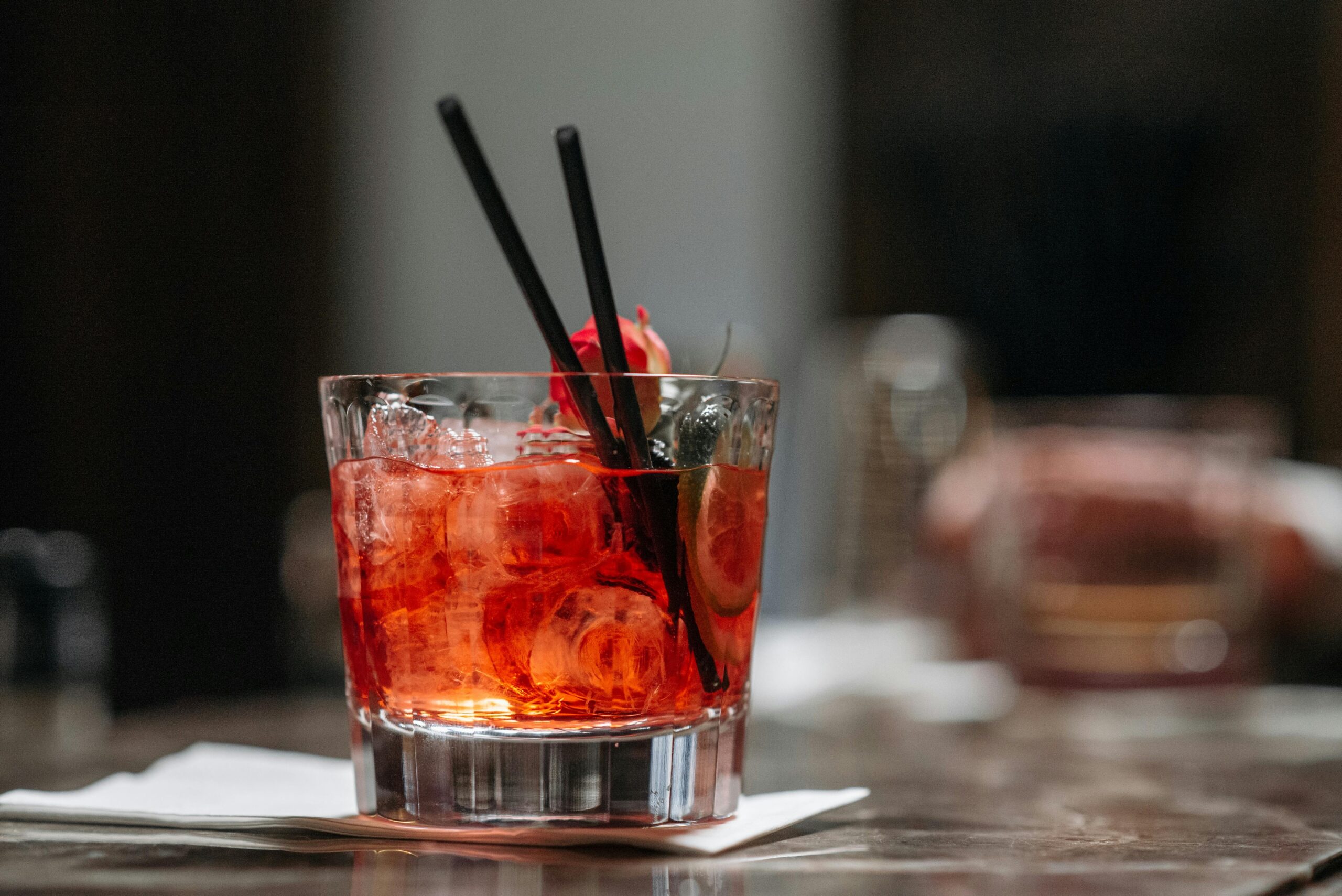Alcohol and Longevity is a hot topic that sparks debate across cultures, dinner tables, and scientific studies. From the so-called “French paradox” to headlines about red wine being “good for the heart,” it’s easy to get confused. Does alcohol really help you live longer—or is that just a myth? Let’s explore what the science actually shows. This is from Harvard Health Publishing, and it delves into both sides of the alcohol-longevity debate—what science shows, the uncertainties, and why current guidelines remain cautious
The Historical Perspective
For centuries, alcohol has been linked to celebration, ritual, and even medicine. Ancient civilizations prescribed wine for digestion and spirits for vitality. However, today’s research paints a more complex picture. While moderate drinking has been associated with some health benefits, new evidence suggests that even small amounts may carry risks for long-term health and longevity.
What the Science Says About Alcohol and Longevity

1. The Moderate Drinking Debate
Some studies suggest that moderate drinkers—defined as up to one drink per day for women and up to two for men—may have a lower risk of certain cardiovascular conditions compared to heavy drinkers or abstainers.
- Why? Small amounts of alcohol, particularly red wine, can raise HDL (the “good” cholesterol) and may improve blood vessel function.
But here’s the catch: newer, larger meta-analyses indicate that the supposed “protective effect” of moderate drinking may actually be due to lifestyle factors (diet, exercise, social connection) rather than alcohol itself.
2. The Risks of Regular Drinking
Research consistently shows that alcohol consumption—even in moderate amounts—can increase the risk of:
- Cancer (especially breast, liver, throat, and colon)
- Liver disease and cirrhosis
- Brain shrinkage and cognitive decline
- Weakened immune function
A 2023 study published in The Lancet Public Health concluded that no amount of alcohol is completely safe when it comes to long-term health.
3. Longevity Hotspots: What the Blue Zones Teach Us
The “Blue Zones”—regions of the world where people regularly live past 100—offer valuable lessons. In places like Sardinia (Italy) and Ikaria (Greece), residents drink alcohol (mostly red wine) but always in moderation, with meals, and as part of a community lifestyle.
- Alcohol isn’t the longevity factor itself—it’s the social bonds, plant-rich diets, daily activity, and low stress that matter most.
Alcohol and Brain Health
Alcohol directly impacts brain longevity. Even light drinking can impair sleep, memory, and focus. Chronic consumption accelerates brain shrinkage and raises dementia risk. On the flip side, abstainers or occasional drinkers who focus on nutrition, movement, and stress reduction show better cognitive resilience over time.
So, Should You Drink for Longevity?
Here’s the science-backed summary:
- Zero alcohol is safest for long-term health.
- If you choose to drink: keep it minimal, no more than 1–2 small servings a few times per week, with food.
- Focus on what matters more: nutrition, exercise, sleep, stress management, and meaningful connections—these are the real drivers of longevity.
Practical Tips for Alcohol and Longevity
- Swap daily drinking for special occasions.
- Hydrate well—aim for 2–3.5 liters of water daily.
- Choose red wine (rich in polyphenols) if you do drink, but keep it minimal.
- Pair alcohol with nutrient-dense foods to reduce blood sugar spikes.
- Prioritize alcohol-free days each week.
FAQs on Alcohol & Longevity
Q1: Is red wine really good for longevity?
Red wine contains resveratrol, an antioxidant, but you’d need hundreds of glasses to match the dose used in lab studies. The benefits come from grapes, berries, and other plant foods—not alcohol itself.
Q2: What’s safer: beer, wine, or spirits?
From a longevity perspective, none is “safe.” Wine may offer minor plant compounds, but the alcohol in all types carries risk.
Q3: Can alcohol shorten lifespan?
Yes. Excessive drinking is linked to higher mortality rates, but even light drinking increases the risk of certain cancers and cognitive decline.
Alcohol and Longevity—The Real Truth
Alcohol and Longevity don’t always go hand in hand. While cultural traditions and moderate use may not drastically shorten life for some, the science is clear: longevity thrives on lifestyle factors beyond alcohol. Nutrition, exercise, stress balance, and strong social bonds are far more powerful than a glass of wine.
At LAMANN360, we coach busy professionals and entrepreneurs in Dubai and beyond to achieve peak performance and longevity—without relying on quick fixes or myths. If you want to optimize your health with a 360° approach to nutrition, training, and lifestyle, join our 90-Day Wellness Upgrade or explore our 6-Month Health Optimization Program today.








